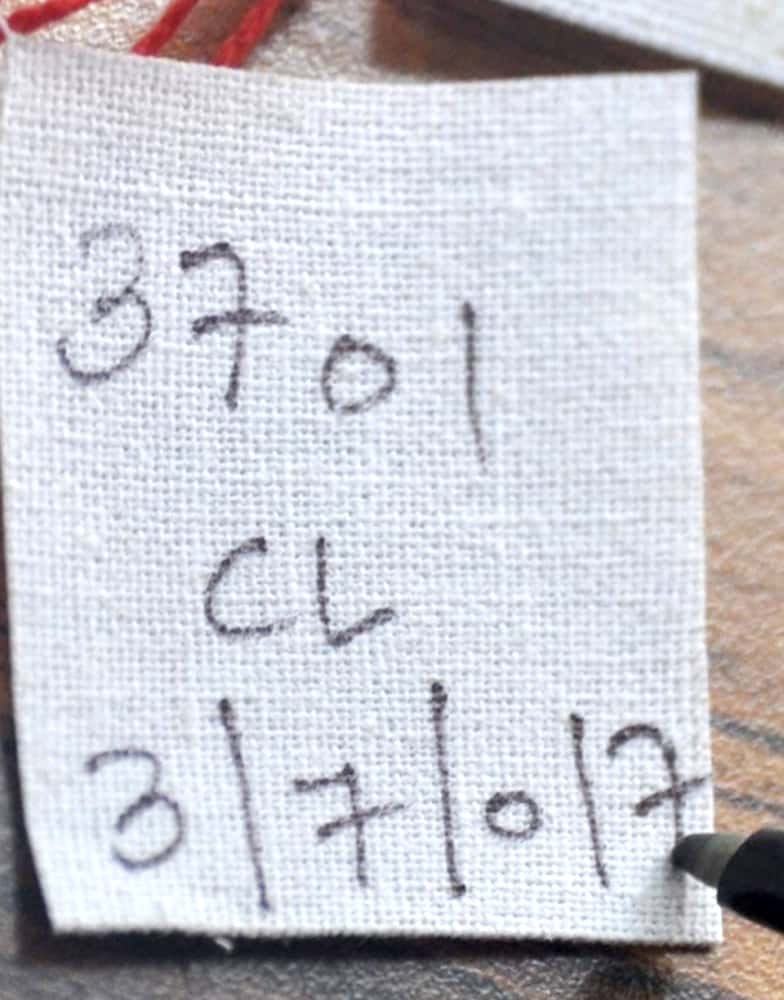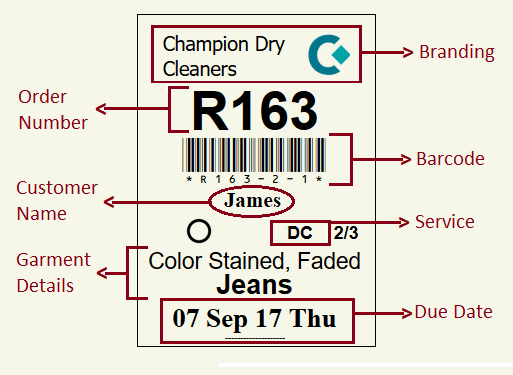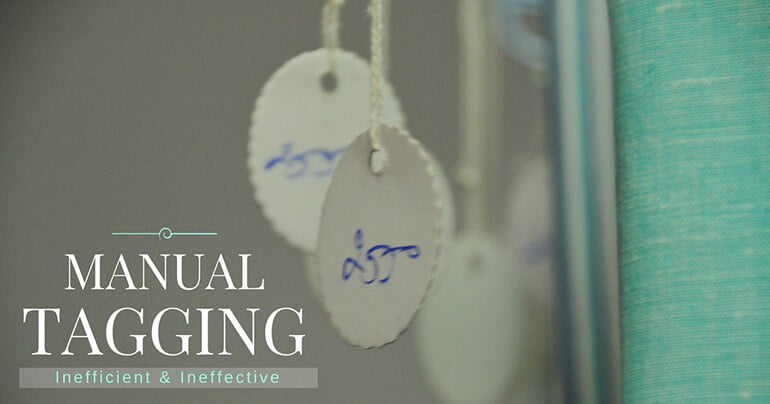Raj from Silver White Dry Cleaners has solved one of his biggest problems using Automated Garment Tagging. One day Raj told us that, it takes about 3 minutes to make and attach a tag to any garment manually. He says that most of the time of his employees go into making and managing manual tags which is obviously a HUGE wastage of time and money. Don’t you think?
I’m here to tell you how you can you overcome this problem.
We have already discussed all the Problems haunting the Laundry and Dry Cleaning Business. The majority of these problems are owing to the ancient practices followed in carrying out the business. With the advent of new technology in the Dry Cleaning Business, these problems have been solved but a solution cannot take root if people are not aware about them, so in our previous article we told you about the Tips to Unlock Your Dry Cleaning Business Potential.
We can all agree on the fact that tags are one of the most essential component contributing to the smooth functioning of a garment cleaning business. After all, they are the only link between the garment and it’s owner. Ideally, tags should provide the following information:
- Customer identity
- Order Number
- Service to be performed
- Due date
- Any additional information (if required)
But the real question is, How effective a manual tag really is?
A traditional manual tag looks something like this:

This does not seem very impressive, does it? That is because there is a limit to what one can fit onto that small piece of cloth. Manually at least.
Traditionally, after a customer drops the garments at your store, one of your employees takes the bundle of those garments and duplicate copy of the receipt. He then starts making tags for those garments. Cutting them, writing necessary information from the duplicate order receipt and then attaching them to the garments. This process, apart from being very time consuming, is highly prone to errors on the account of it being dependent on a person. Sometimes leading to huge confusion in orders and ultimately resulting in compensations.
Manual Tags are also not very effective at solving the main purpose of the tagging i.e. providing all the relevant info. Hence manual tags do not provide all the relevant information.
However, there is practically no limit to what technology can help you achieve. And here in enters the Automated Garment Tagging System. I will explain to you all that an automated tagging system can help you achieve and then you can determine it’s value and relevance in your business.
TAKES LESS THAN 2 SECONDS
In an automated garment tagging system, the tags for every individual garment get printed as soon as you generate the order. These tags can then be attached to the garments with the help of a tag gun. Simple!
PROVIDES ALL RELEVANT INFORMATION
Order number, name of the customer, service to be performed, unique barcode (I’ll tell you what it does later), color of the garment, defects (if any), any special remarks, You name it and it is there on the tag in a very systematic manner. An automated tag can also bear your branding because let’s face it, no one goes through the trouble of removing the tag before delivery so why not use that for advertisement.

FOOLPROOF
With automated tags that are printed through the system, there is absolutely no chance of errors. So there is very little chance of wrong deliveries.
IT’S DIRT CHEAP
On the outside it might seem like implementing Automated Garment Tagging might cost a fortune. Well, no. It actually costs less than manual tagging. And I’m not even considering the costs you have to bear due to its inefficiencies like wrong deliveries and loss of garments
BARCODE ENABLED GARMENT TRACKING
Do you remember that unique barcode on every tag I told you about? It empowers you with Barcode Enabled Garment Tracking Mechanism. This means that you can track garments at every stage of process (even from store to workshop) and say goodbye to garment losses. No more compensations. Great! Isn’t it?
So this is how Raj solved his problem of manually tagging garments. He did not just solve the problem, he actually saved a ton of money avoiding compensations. More than money, Raj earned the trust of his customers thus ensuring their loyalty.
Do you want to be like Raj? Start your 14-Day FREE Trial NOW and enable Automated Garment Tagging today.




